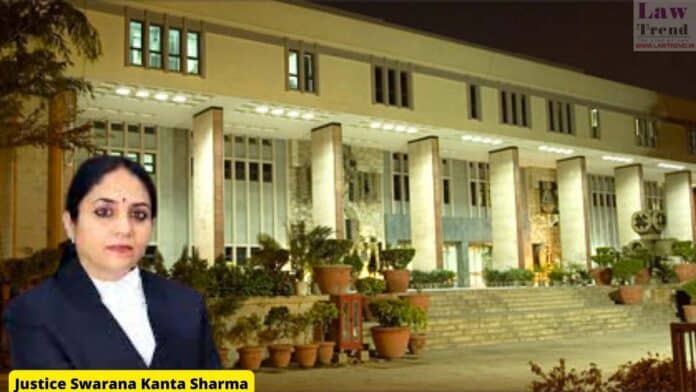The High Court of Delhi, in a significant ruling on the interpretation of Section 509 of the Indian Penal Code (IPC), has held that while the use of a sexually coloured and derogatory term like “R***i” against a woman prima facie constitutes an offence of insulting modesty, generic abuses such as “s**li” do not meet
To Read More Please Subscribe to VIP Membership for Unlimited Access to All the Articles, Download Available Copies of Judgments/Order, Acess to Central/State Bare Acts, Advertisement Free Content, Access to More than 4000 Legal Drafts( Readymade Editable Formats of Suits, Petitions, Writs, Legal Notices, Divorce Petitions, 138 Notices, Bail Applications etc.) in Hindi and English.




